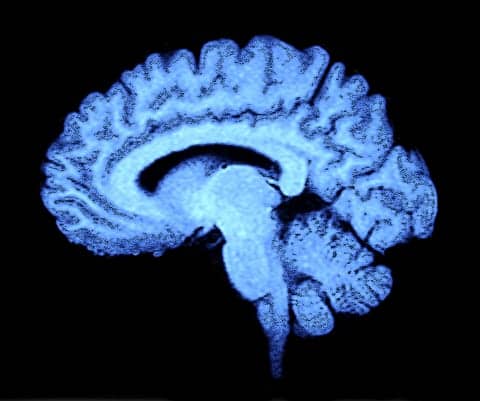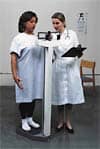According to a study published in New Scientist, researchers from Aachen University in Germany believe approximately 10 percent of the global population can be categorized as ‘morning people,’ while around 20 percent are true night owls and find themselves staying up late without any effort. All remaining humans have relatively normal body clocks, which are determined by chronotypes.
For the study, researchers used diffusion tensor imaging to scan the brains of 20 intermediate chronotypes, as well as 16 self-proclaimed early risers and 23 individuals who prefer later hours. The team found a reduction in the integrity of the chronotypes white matter in areas of the human brain associated with depression.
“We think this could be caused by the fact that late chronotypes suffer from this permanent jet lag,” said Jessica Rosenberg, head researcher for the study.
The team believes it could be possible that the gene variants responsible for pushing body clocks towards nocturnal living could affect the physical structure of the brain, although they are not sure if any changes impact on a person’s health.
Other studies have found that those with nocturnal habits tend to consume more alcohol and tobacco than people with better-adjusted body clocks.






